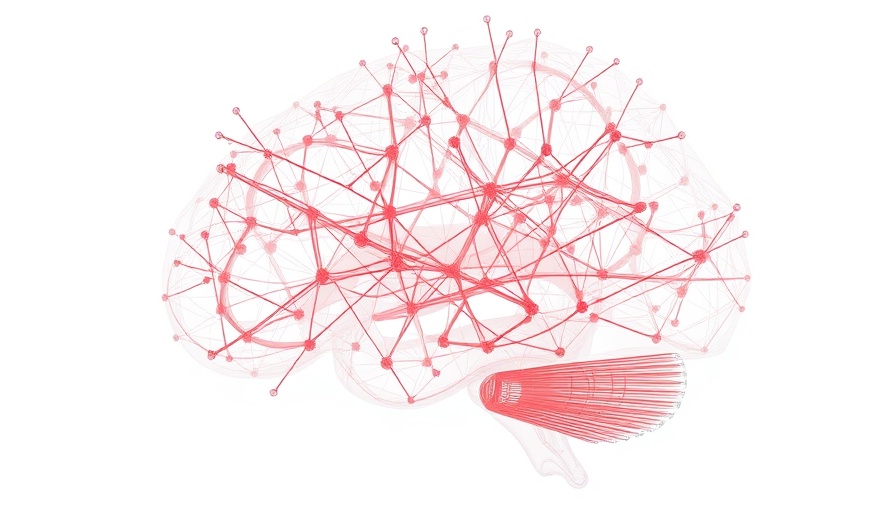
Understanding the Implications of SYNGAP1 Research
Recent findings in autism research highlight significant breakthroughs, particularly in relation to the SYNGAP1 gene. A study focusing on mice deficient in this gene revealed altered translation of specific mRNA species, which is linked to deficits in synaptic plasticity. This is especially pertinent for parents and caregivers of children with autism, as these neurological changes can mimic those observed in long-term potentiation, a critical process for learning and memory. Understanding these nuances can illuminate why certain behavioral patterns manifest in children with autism spectrum disorder (ASD).
The Role of Neurological Studies in Autism
Children diagnosed with autism often exhibit unique neurological patterns. The recent study published in eNeuro emphasized how deficits in synaptic regulation — which govern communication between neurons — can significantly affect cognitive functions. Notably, this research differentiates the changes seen in SYNGAP1 deficiency from those found in mouse models of fragile X syndrome, underscoring the diversity and complexity of genetic factors involved in ASD. For parents, recognizing these differences can provide clarity on the varied presentations of autism.
Connections to Social Affect and Functionality
The intersection of brain function and social behavior has also been a focal point in recent studies. Research indicating functional connectivity between visual and salience networks in children with autism demonstrates how neurological underpinnings influence social interactions. This knowledge can guide interventions aimed at improving social skills and understanding among children with ASD, enriching their developmental trajectories.
Future Directions in Autism Research
As we advance in autism research, the implications of genetic studies are becoming clearer. For instance, expanding the understanding of genetic autism studies can lead to more nuanced behavioral science strategies. This kind of informed perspective is essential for parents navigating the complexities of autism. Engaging with these findings can empower families, helping them make informed decisions regarding interventions and therapies.
Your Journey in Understanding Autism
For parents and guardians, keeping abreast of the latest autism research, such as findings related to genetic studies and neurodevelopment, can be immensely beneficial. By staying informed and actively engaging with the research landscape, families can advocate more effectively for their children's needs.
To delve deeper into the latest trends and breakthroughs in autism interventions and research, learn more here.
 Add Row
Add Row  Add
Add 




Write A Comment